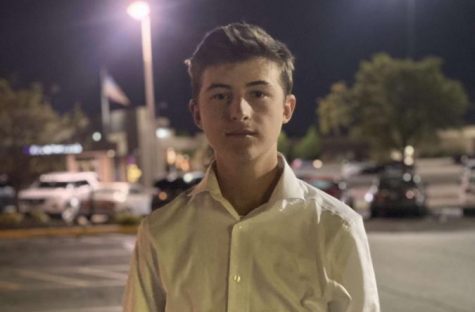When you love something, you make the time for it. Despite having once loved it, the majority of late teens who once considered themselves gamers struggle to find time for the thing that once gave them endless amounts of joy.
It is not as surface level as just growing up though. The past few years have brought huge changes to the gaming industry as a whole. With the introduction of free-to-play games like Fortnite, developers across all genres of gaming realized that opportunities have become more lucrative than it ever has been before. Why make some money when you could make all of the money?
This is where things went downhill, and the new goal became to make games that made the most money, which put quality on the sideline. This meant an overhaul in the approach to new games and even some pre-existing games and franchises. Locking lots of in-game content behind a paywall separate from the game itself. Essentially making games “pay to win.” Even if players did not like this, they found themselves without a choice. It’s especially when some developers purposely unbalanced their games to drive up in-app purchases, forcing the players hand.
Senior Rithvik Vanga agreed, “I think it’s an issue, prioritizing profits from the gaming industry instead of enjoyment of its consumers is not beneficial,” he said.
The level of skill between new players and experienced players is known as “the skill gap.” Recently this gap has been getting bigger and bigger in many of the most popular multiplayer games, such as the popular Call of Duty game franchise, and battle royale games like Fortnite . The new lucrative nature of video games was not just for the developers. It was also for the players who sought to capitalize on opportunity.
It became more common for players to post their impressive gameplays on social media or YouTube to gain a following. These content creators were growing in popularity, and more and more players desired their success. This made the environment of the game and its community extremely competitive.
Players got better faster in their pursuits to achieve success outside the game, forcing the more casual players to also get better to keep on enjoying the game the way they used to. As time went on, it made many games extremely inaccessible to new players, unless they wanted to spend hours upon hours catching up with the better, more experienced players.
Developers have had trouble responding to the new landscape they have inadvertently created. Rushed, and buggy launches have become more and more common and players have found themselves commonly complaining about buying an unfinished game. Sometimes it’s a strategic tactic to spread out the flow of content throughout the lifecycle of the game to keep the game fresh over a broader period of time.
Regardless, Senior Gavin Pangan agreed that developers have been hindering his experience. “I wish that the creators would step back and listen to their fans’ feedback more,” he said. “I’d really like to see old versions of my favorite games come back.”
A compound of issues and domino effects have led to a general displeasure with gaming, but how can it change to the way it was once so loved? It starts with rebuilding a trust between the communities that play and enjoy the games and its developers. The connection has been in shambles for multiple games recently due to lack of transparency, making players feel their voices are being ignored.
Vanga has been an active player for multiple games and agrees that the role communities play is essential. “The community that games have isn’t what it used to be due to a variety of reasons, so the overall experience is decaying,” he said. “It could be improved by prioritizing the consumer’s enjoyment instead of profits”
For a form of entertainment that is as adored as gaming, it’s never going to be too late. However, the sooner, the better. Players are ready to play games that are treated with love and respect by their creators. For years, die-hard fans have been waiting for the industry to return to its former glory. It’s time to give them what they deserve.









